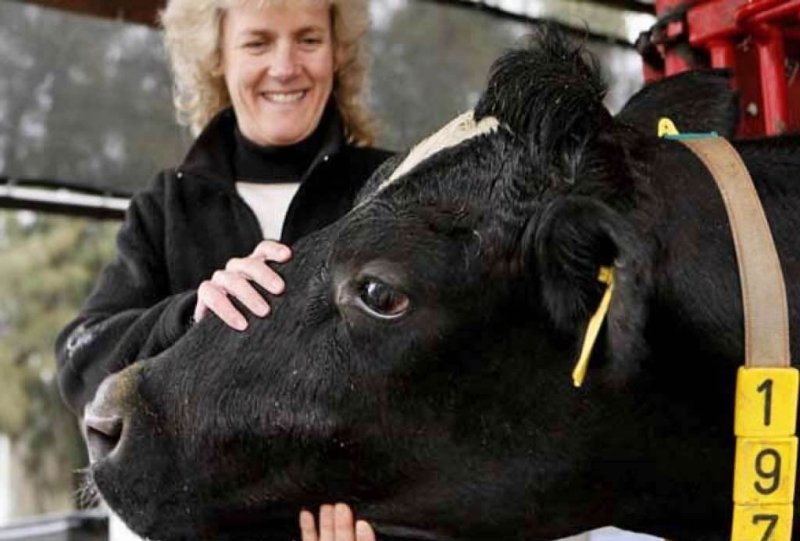A proposed U.S. regulatory framework for how the FDA treats gene-edited livestock may do more than put U.S. livestock producers at a disadvantage globally. It already has proven to be a source of food waste.
Dr. Alison Van Eenennaam knows firsthand how the proposed framework under which U.S. researchers must operate — which regards gene-edited livestock as a new animal drug and thus subject to the FDA’s new drug approval process — is and will be a source of food waste on a major scale.
“Typically at the university, our milk and meat and eggs go into commerce. We sell our milk from the dairy to the creamery, we slaughter our animals and the meat goes in the food supply. That is part of what keeps the wheels running at the research establishment,” Van Eenennaam said.
Read full, original article: U.S. approval process for gene-edited livestock may hamper research































